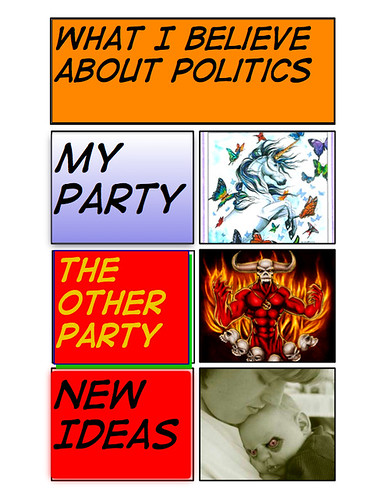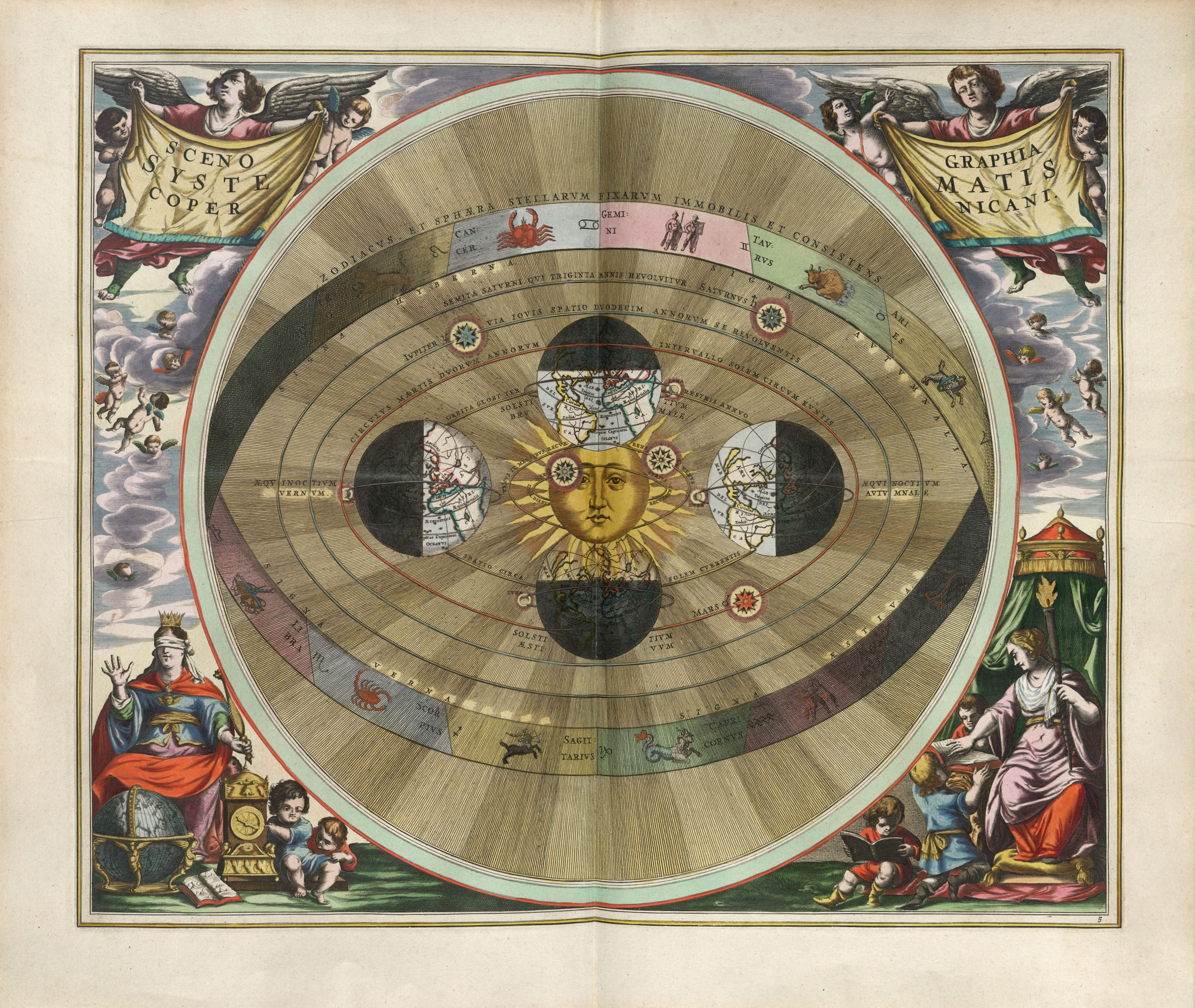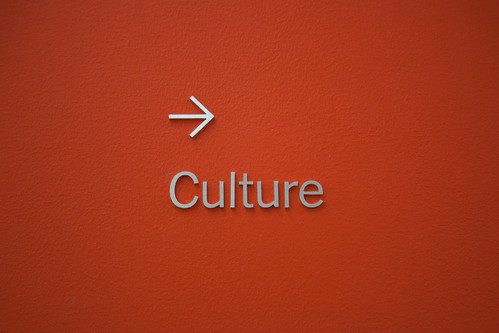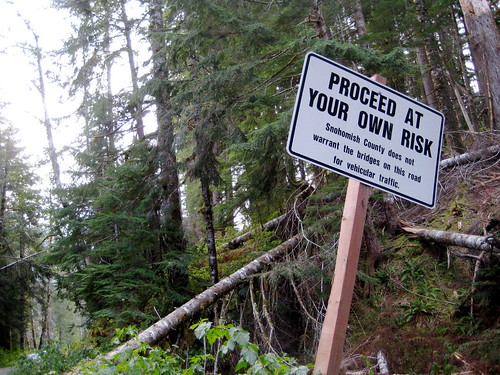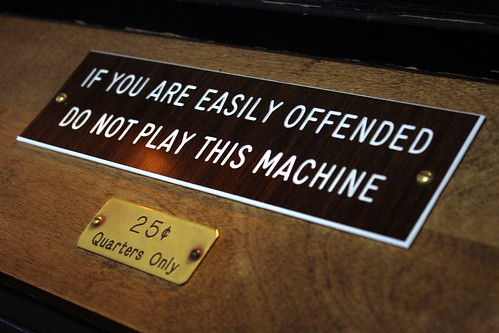A few weeks ago I had the opportunity to visit a mall near my hometown. Here’s a picture of the inside of one of the stores:

An empty store in a nearly empty mall.
That wasn’t the only empty store, and I understand that mall properties in other places have also had difficulties due to the way online shopping has impacted anchor stores as well as smaller businesses. It was a little sad to walk through and see most of the big stores vacant and the remaining stores struggling.
Walking through the largely abandoned space, I wondered whether vacant malls might be ready-made infrastructure for expanding schools. A couple of years ago, not too far from where I live now, a new school was built in what was once a factory building — why couldn’t a local district purchase a declining mall and refit it into a school?
Could is the key word: of course they could, but that doesn’t mean it would be the smartest decision. In addition to up-front costs of purchase and refit, the long-term maintenance costs would have to be considered and compared to land and new construction. (Costs of a mall property might be particularly prohibitive in the out years, for instance, if the mall owners did not keep the physical plant healthy.) But schools have been built into malls before: e.g., in Joplin, Missouri, as a temporary measure after a tornado devastated the town in 2011.
For some areas, turning malls into schools may make reasonable economic sense. And mall properties are big enough that they might even provide the opportunity for collaborative educational enterprises, say between a school district, a community college, and a local business incubator. (I’m big on collaboration between schools and the wider world.*)
What do you think? Do you have a mall nearby that is fading into obscurity? What would you like to see done with it?
___
*I wrote a little bit about that in Quality Education: Why It Matters, and How to Structure the System to Sustain It.




